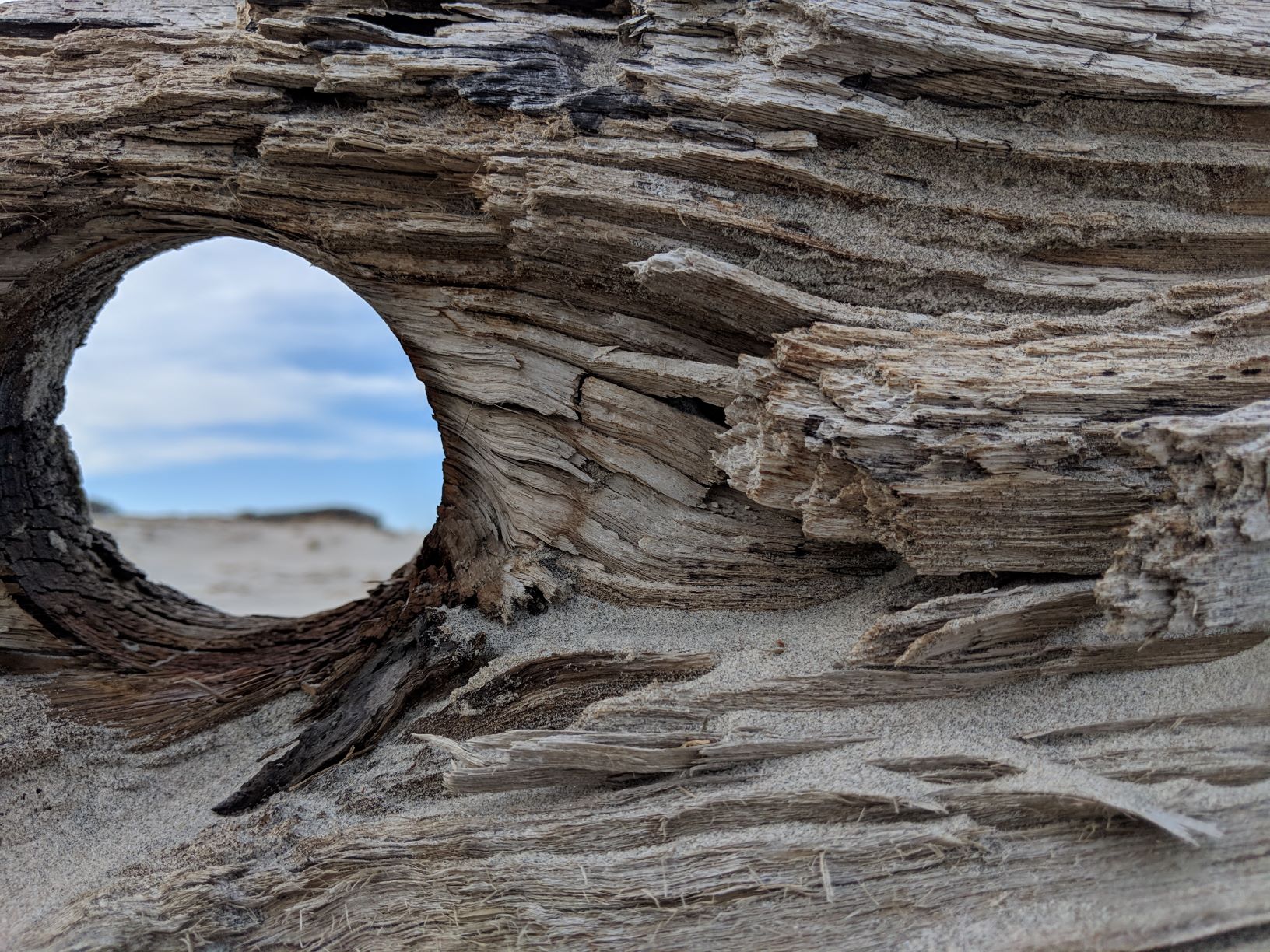If you cannot teach someone with no more than a napkin and a pen, or less, you should not teach.
A few reasons why the napkin and pen (or beach and a stick) method is superior to anything that requires electricity:
- The nature of napkin ed requires one to one teaching. Both the teacher and the student are exposed, limits of knowledge tested. As uncomfortable as this may be, it’s the heart of education–the ledge of ignorance for both the student and the teacher is an integral part of the process.
- It’s cheaper. I like cheap. I’m not blowing off mountaintops, damming rivers, or splitting atoms.
- Any drawing used requires intimate knowledge by the teacher. Hand-made drawings matter more than any fancy illustration you can toss up on a Smartboard. The value of the process of etching a drawing live, with the student watching, cannot be overstated. It’s not an easy thing to do without an exquisite knowledge of the point you are making. Electric palettes cover a lot of ignorance. (Darwin’s On the Origin of Species had one illustration, a crude, hand-drawn picture of a branching “Tree of Life.”)

Most of us doing this gig for any length of time can wow our young charges with flashing lights. We are performers, entertainers, dragging bored children through curricula they see as pointless.
So long as our job is to instill a common cultural litany, well, high tech pizazz works just dandy.
If you want to teach a child how to think, though, be careful with the new tools. If you are letting an electronic third party make a point in your classroom, and it does a better job than you can, well, draw your own conclusion.
You can do better. It might take time, it might require more work, it might even cause you to burst out in tears now and again.
You wanted to be a teacher, no?
The first drawing above is by Francis Crick, a doodle of his impression of DNA, a concept he shared with his pub brethren.
The second is by Darwin.
‘
Ironically, neither is likely to be featured in a high school science class.
(Originally written in 2010–and the napkins still works.)











